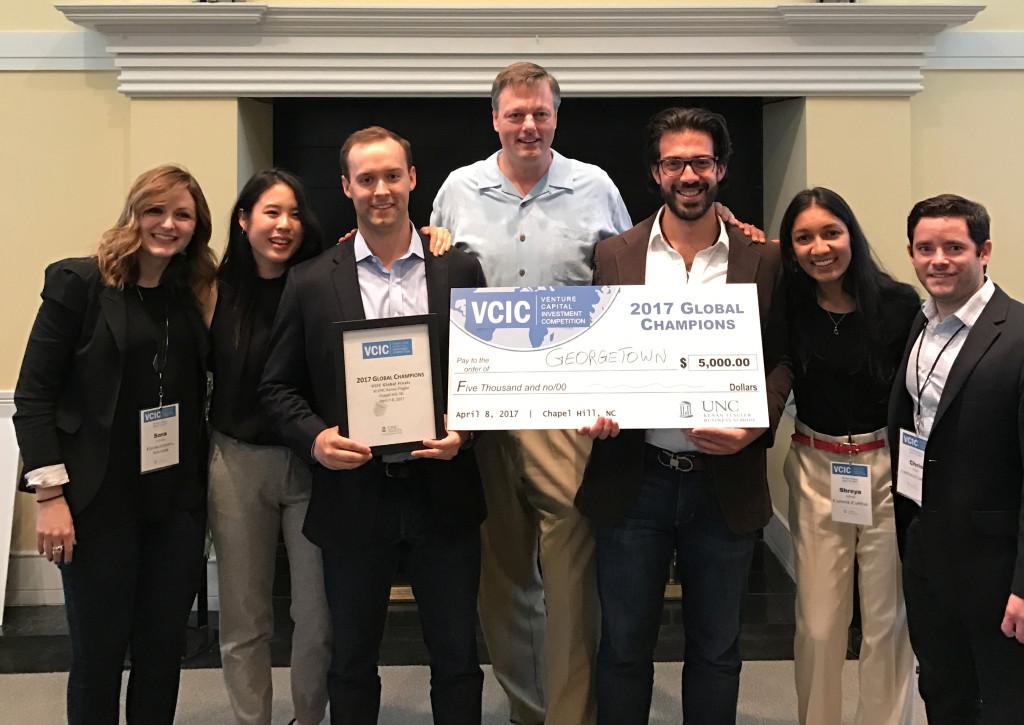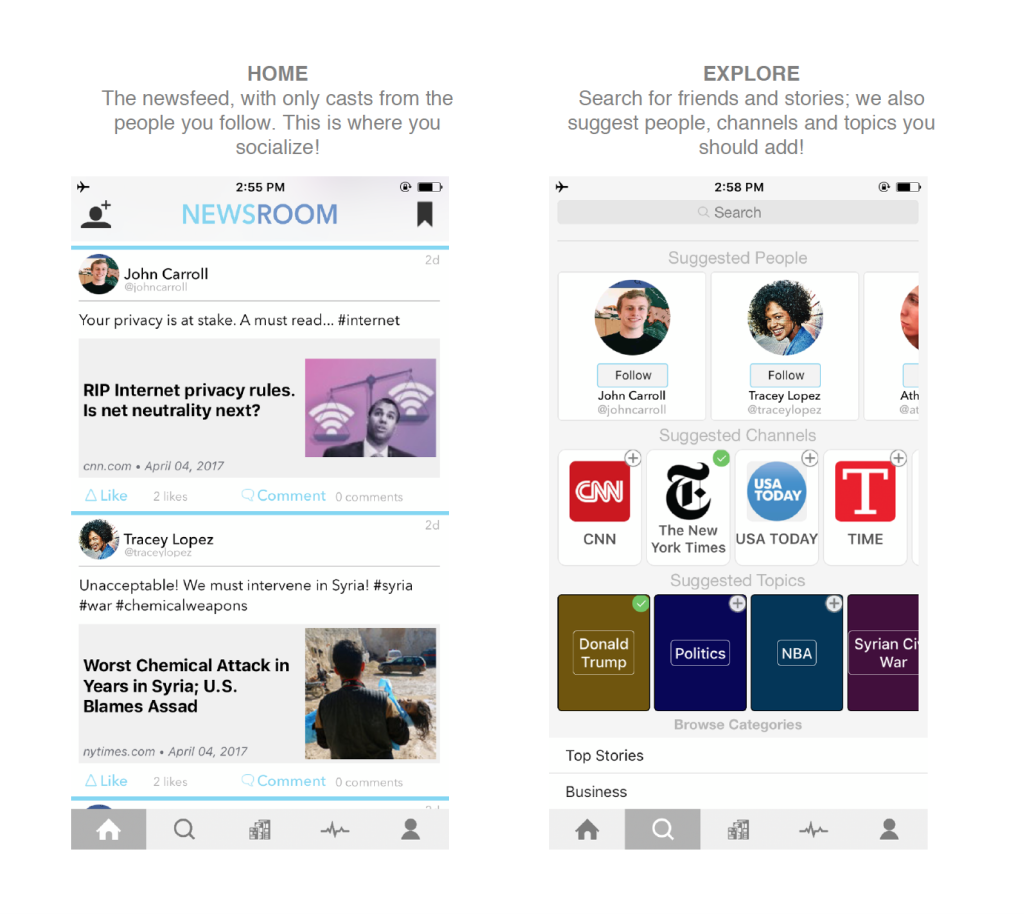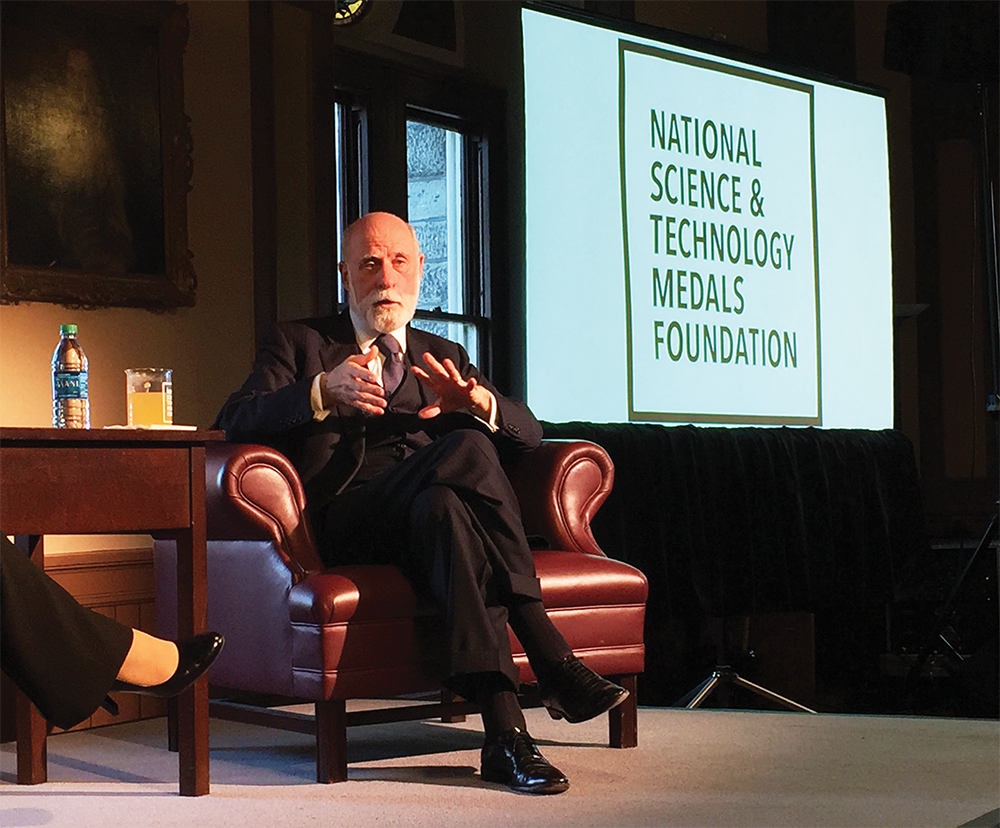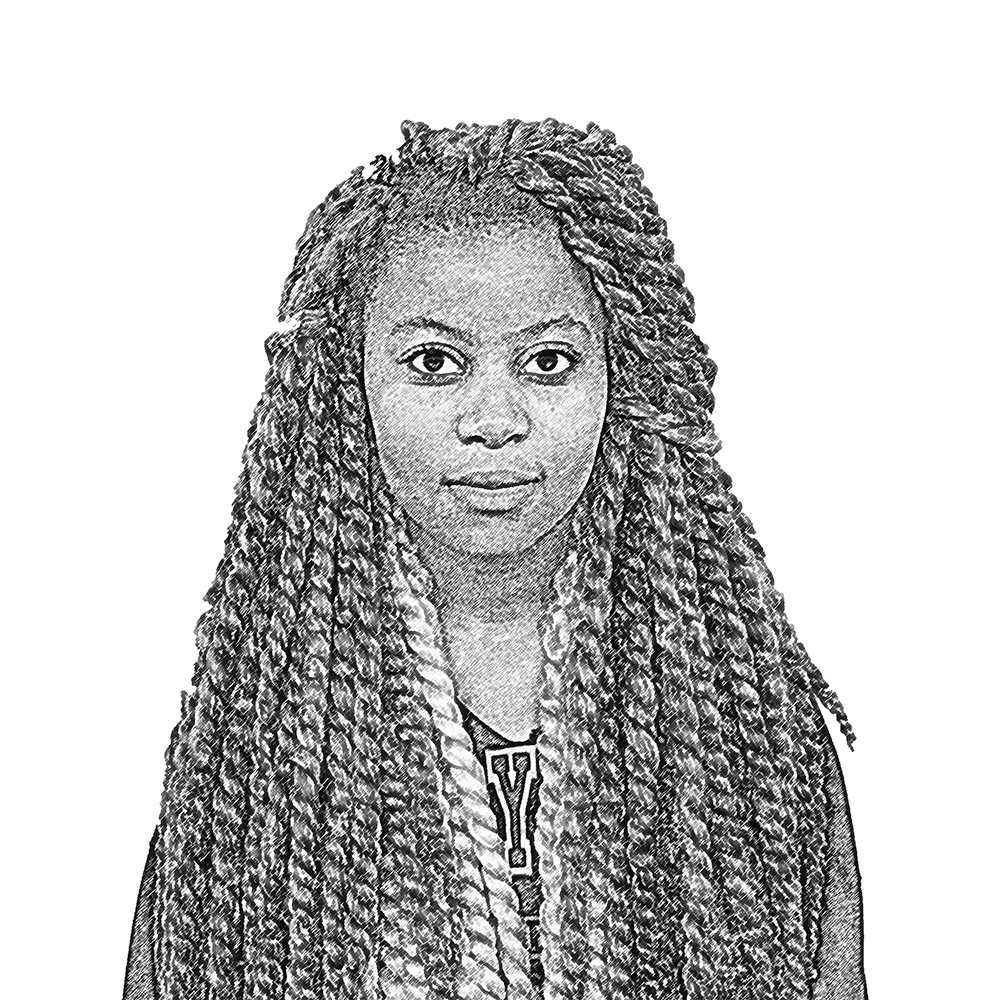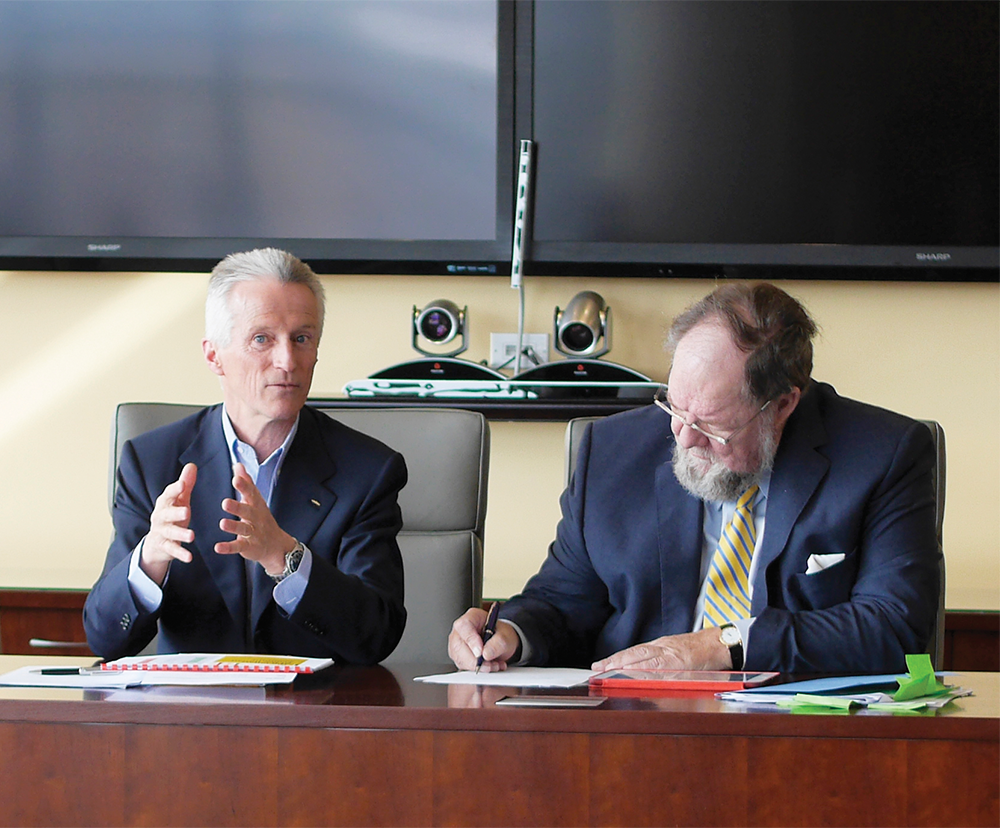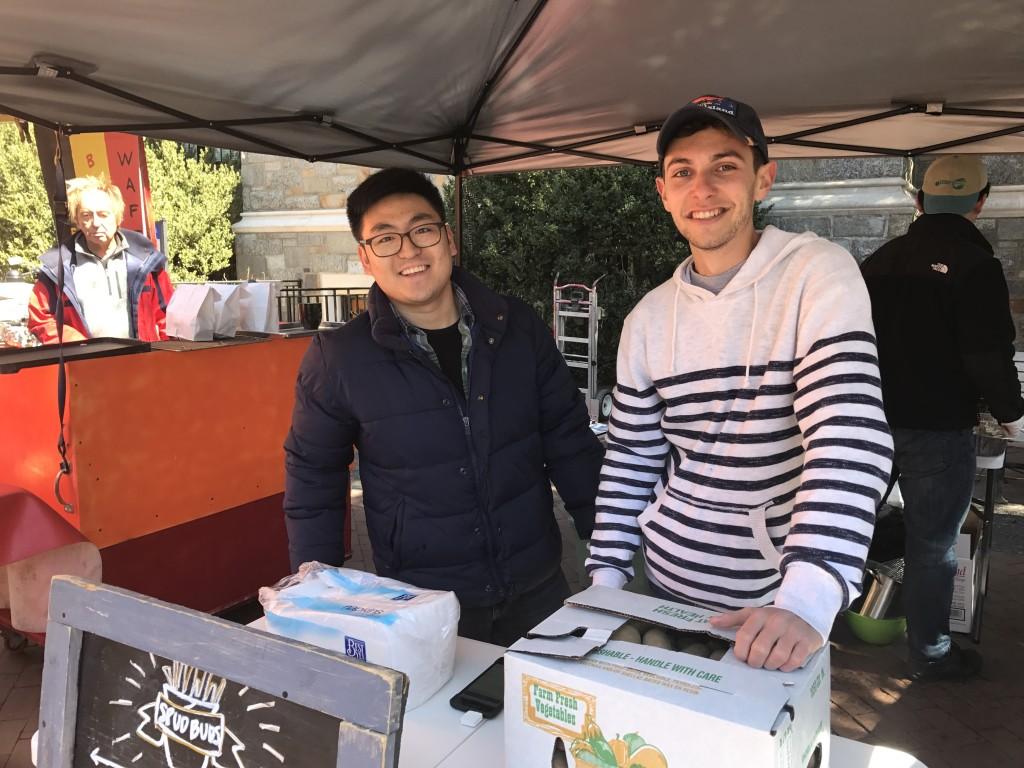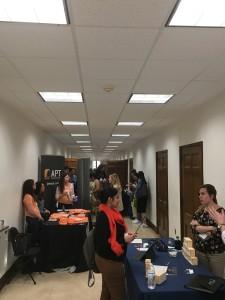
The university hosted the Capital Region Celebration of Women in Computing to raise awareness of women in computer science fields Feb. 24 and 25. This is the first year that Georgetown has hosted the event and this year’s attendance was the highest CAPWIC has ever experienced with over 200 people in attendance.
The conference opened Feb. 24 with a keynote address titled “Expanding Usable Security Beyond End Users” from Michelle Mazurek, assistant professor in the computer science department at the University of Maryland, College Park, in the Intercultural Center auditorium. Mazurek addressed her recent research on preventing developers from making coding errors that impact security.
“Unfortunately, we are still a little bit in the paradigm of what is wrong with these developers who cannot seem to get this right and fix their security in their code,” Mazurek said.
The next section of the conference was several lectures on the challenges of gender bias and a lack of diversity within the tech industry. The first of these talks was given by associate professor with the James Madison University department of computer science Michael Kirkpatrick in White-Gravenor Hall 208. His speech focused on the historical roots of the gender stereotypes associated with computing. Kirkpatrick said one major cause was that the marketing of early video games in the 1970s targeted boys more than it did girls. Kirkpatrick said early computer games require some programming to operate and, as a result, boys were more likely to have programming knowledge growing up.
“The computer games we had back then aren’t like the ones we have now,” said Kirkpatrick. “To get the game started you had to go through this process of entering a series of commands and you basically had to learn how to program a computer just to be able to play a game.”
In addition, many computer science programs had caps, which resulted in women being excluded, not for a lack of inherent ability, but rather because they had less experience than did their male counterparts.
Associate Director of the computer and information science department at the University of Pennsylvania Rita Powell gave the next lecture on her work with the National Center for Women and Information Technology. NCWIT is a nonprofit that works to help promote female participation in computer science. Powell explained that NCWIT ensures the effectiveness of its programs through experimental testing.
“The research-based testing is the most important difference at NCWIT; this isn’t anecdotal evidence,” Powell said. “These are practices that have been tested and validated through social science research.”
Powell said NCWIT encourages female programmers through various initiatives including sponsoring programming competitions for high school students and funding programs in which undergraduates teach basic coding to the high school and middle school students.
The next session focused on the theme of male allies in the computing industry, and the discussion was led by a panel of male students, professors and engineers who work or study in computer science. They emphasized the importance of men listening to women and standing up for them in the workplace. Kevin Armein, a senior at James Madison University, was particularly hopeful about the future of women in computer science. He said it was natural for him to work with women in his program and the industry could benefit from more women’s perspectives.
“I see the difference in how they tend to approach problems versus how I do,” said Armein. “I realize just because we approach a problem different ways, doesn’t make mine right and theirs wrong, but you can really learn from it.”
NCWIT researcher and research associate in science, technology and society at the University of Virginia Gretchen Achenbach delivered the last lecture on the problems of implicit bias within the computing industry. Achenbach pushed for the need to have clear objective standards, because without them, female candidates with the same qualifications were disadvantaged compared to their male counterparts.
“This is not about saying we need lower standards to get more diverse candidates,” Achenbach said. “The standards are still high, we just want to make sure that the actual applicant pool that you are picking from has all the people in it that it could.”
On Sunday, the conference featured more lectures, workshops and a college career fair held in the Reiss Science Building that advertised opportunities for women in computer science.
The conference was brought to Georgetown through the efforts of associate professor and Director of Georgetown’s graduate studies in the department of computer science Lisa Singh. Singh is also the faculty adviser for guWeCode, a club that seeks to promote women in computer programming. Singh said efforts to expose women to computer science are important because the skills women can gain will result in more capable women in all careers.
“There is an eloquence and logic to algorithmic thinking that actually opens up doors, not only within computer science, but can make you a better lawyer, politician or economist; it is a way of thinking that can prepare you for different types of problems and how to solve them,” Singh said.



